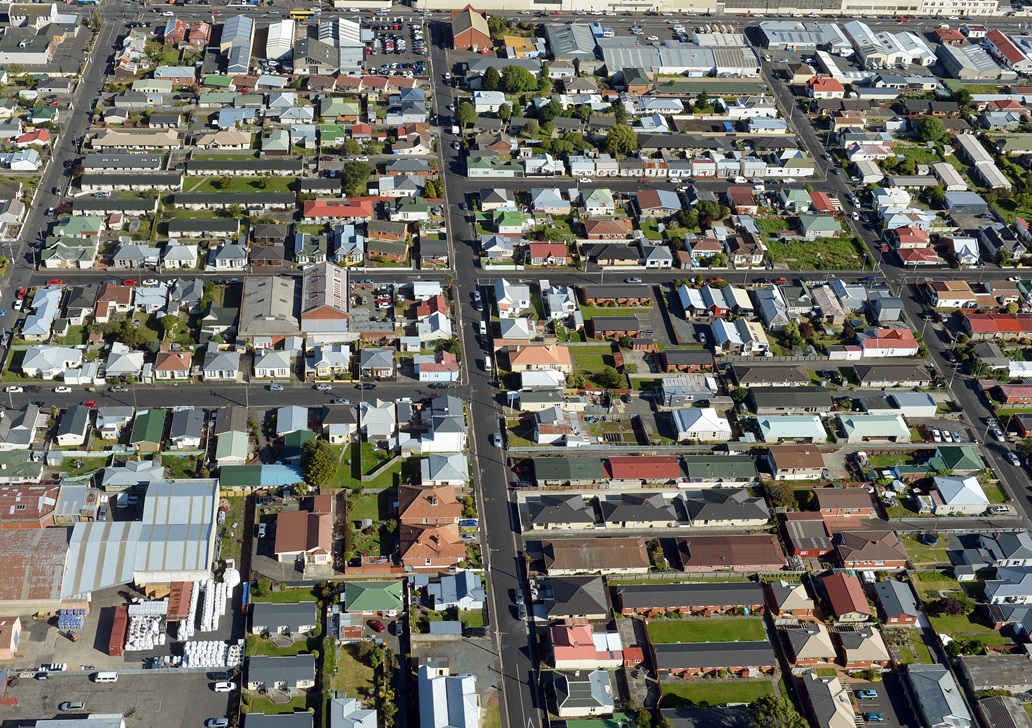
The revelation emerged at a Dunedin City Council meeting yesterday where it was agreed to revise the strategy of the South Dunedin Future programme.
At the meeting, Cr Andrew Whiley said he recently learned the government housing agency Kāinga Ora would not build any social housing in South Dunedin.
In response to questions from the Otago Daily Times, Kāinga Ora Otago, Southland and South Canterbury regional director Kerrie Young said the agency would continue to provide housing options in South Dunedin but "significant investment decisions" had been paused while the city council continued its work on the programme.

At the meeting Cr Whiley questioned if the Ministry of Education or other government departments had expressed similar sentiments not to invest.
South Dunedin Future programme manager Jonathan Rowe assured Cr Whiley he was not aware Kāinga Ora’s policy approach was being mirrored by the Ministry of Education.
"We have had a number of conversations with Kāinga Ora about that restriction they currently have over building in South Dunedin," Mr Rowe said.
He understood the decision was made partly because the agency was waiting for the council to complete natural hazard and risk assessment work being done as part of the programme.
He did not know if other government agencies were in a similar position, but said he had no doubt people had this in the back of their mind with regards to their investment in South Dunedin.
People had different risk assessments, and the revised strategy would help bring clarity to inform those decisions, Mr Rowe said.

The report tabled at the council meeting said South Dunedin had become a basin with no natural outflows, due to development and reclamation, which made it prone to flooding and other natural hazards.
Coastal erosion and high groundwater had impacted the community, with sea level estimated to have risen 20cm over the past 120 years.
At yesterday’s meeting, councillors also voted unanimously to approve a submission to the government on its national policy statement for natural hazard reduction.
Cr Whiley wanted to ensure the council’s submission to the government’s national policy statement for natural hazards decision-making covered the importance of the government’s role in supporting investment.
"If we don’t have entities like Kāinga Ora investing, that’s actually not sending the right message," Cr Whiley said.
"Government needs to play its role in being good partners, and also putting some of their money on the table with their entities."
Mr Rowe said central government was a key stakeholder and staff were talking with Kāinga Ora, the Ministry of Education and others about a strategy.








